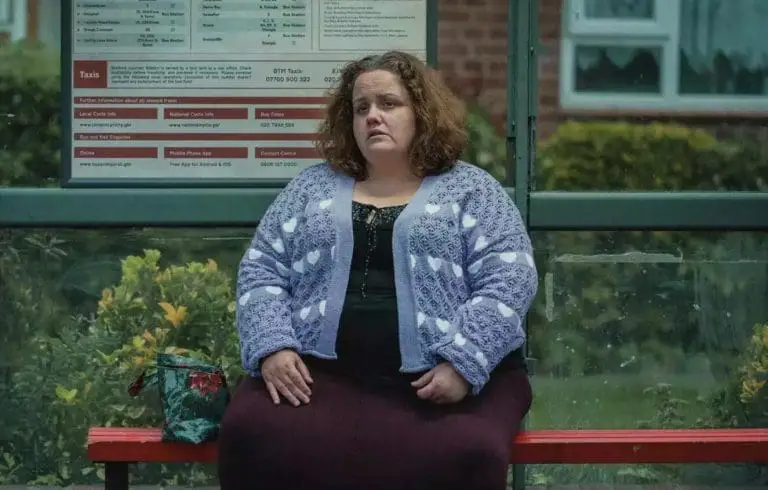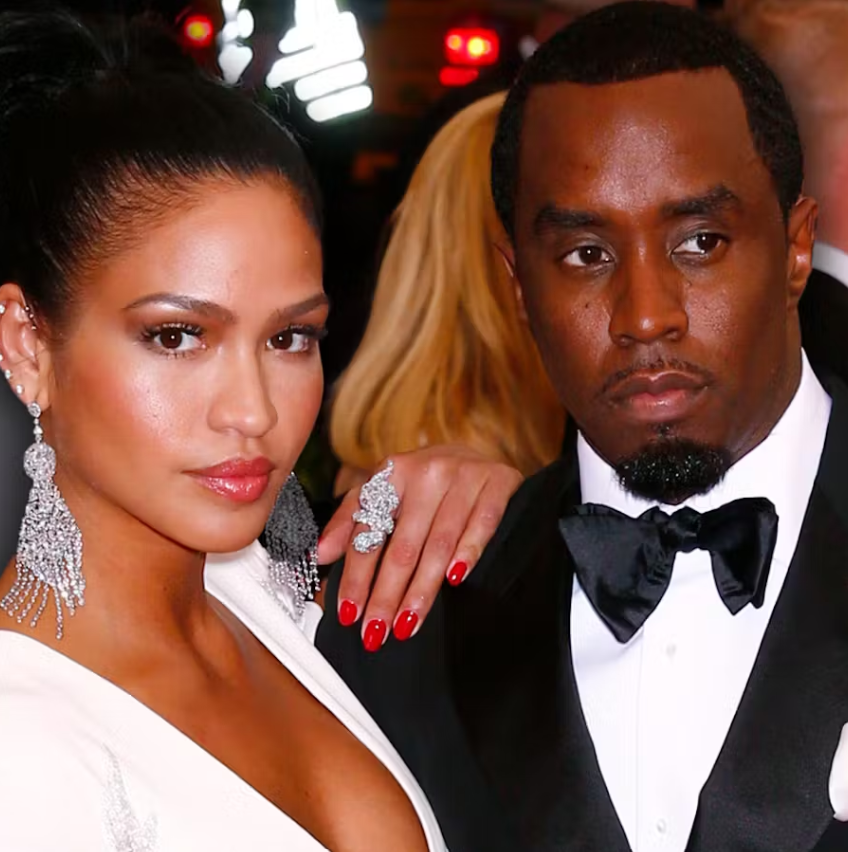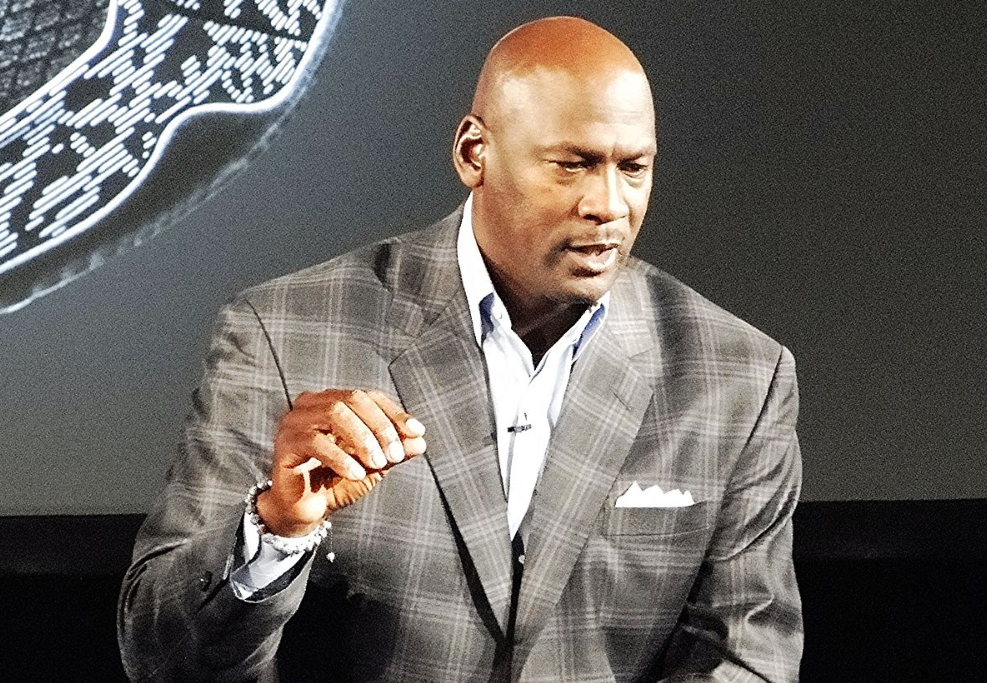In a captivating intersection of real-life drama and television spectacle, Fiona Harvey, dubbed the ‘real-life Martha’ from the popular Netflix series “Baby Reindeer,” made headlines with her first TV interview on “Piers Morgan Uncensored.” The series, which has gripped viewers with its intense narrative, is based on comedian Richard Gadd’s alleged real-life experiences of being stalked, dramatized for the screen.
Fiona Harvey’s appearance on Piers Morgan’s talk show was a significant moment, aimed at clarifying her side of the story amid widespread speculation and intrigue stirred by the series. Despite the sensitive nature of the topic, the interview took a confrontational turn. Harvey expressed her dissatisfaction with how the interview unfolded, feeling that Morgan was overly aggressive and intent on trapping her into admitting to behaviors she denies, such as sending Gadd thousands of emails.

The show “Baby Reindeer” portrays Gadd’s character dealing with a woman named Martha, who becomes obsessively involved with him after a seemingly innocuous interaction at the pub where he worked. According to Gadd, what began as a small act of kindness spiraled into a prolonged ordeal involving extensive unwanted communication and bizarre gifts, which the show claims were based on true events. However, the exact truth of these claims remains a topic of debate, especially as Harvey contests these accusations in her public statements.
Despite the intense scrutiny and the personal nature of the allegations, Harvey was reportedly compensated only £250 for her appearance on Morgan’s show, where she sought to set the record straight. Her experience highlights the complexities and challenges faced by individuals who find themselves portrayed in popular media, often without their consent or control over how they are represented.
The conversation around “Baby Reindeer” not only delves into the boundaries of artistic license and real-life accuracy but also raises questions about the ethics of storytelling in the true-crime genre. It underscores the delicate balance creators must maintain between crafting engaging content and respecting the real lives affected by the narratives they choose to portray.
As audiences continue to dissect Gadd’s story and Harvey’s rebuttals, the debate over the portrayal of real-life events in entertainment remains heated. “Baby Reindeer” serves as a stark reminder of the power of media narratives and the potential repercussions on the individuals depicted, willingly or unwillingly, in these stories.




